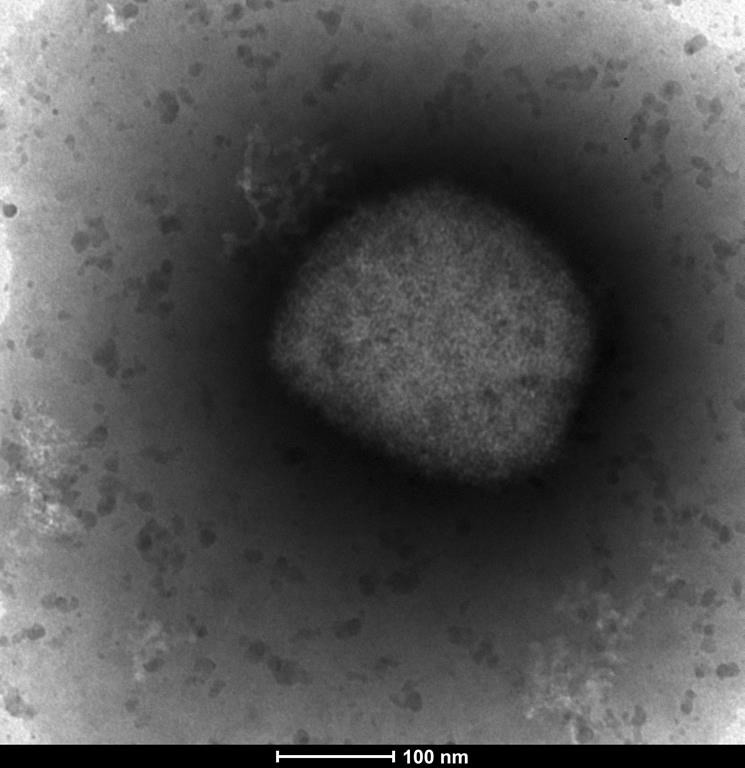Halton Region has reported its first case of the monkeypox virus, according to the area’s medical officer of health.

Officials say the infected person is currently isolating at home and all contacts have been notified by the health unit.
“While most people infected with monkeypox will have mild symptoms, some people such as children, pregnant women and those with immunodeficiencies are at higher risk for severe disease,” Dr. Hamidah Meghani said in a release.
“If you have symptoms of monkeypox, it is important to stay home and call your doctor to be assessed. When seeking medical care you should wear a high quality medical mask and cover up all lesions.”
The affliction is a rare disease that comes from the same family of viruses that causes smallpox, which the World Health Organization (WHO) declared eradicated around the globe in 1980.
Meghani said the virus can spread from person-to-person by respiratory secretions, direct contact with skin lesions, and/or contact with materials contaminated with the virus including bedding and clothing.

Get weekly health news
“The virus enters the body through broken skin, the respiratory tract or mucous membranes,” the health unit said in a release.
“Transmission through respiratory secretions requires prolonged face to face contact with close proximity to an infected person.”
Quebec has been hardest hit of Canada’s provinces in a recent wave of cases with a total of 90 confirmed as of Tuesday, a rise of 19 compared with late last week.
The latest update, which came in the form of a tweet, also shows that 813 doses of the vaccine in Quebec against the virus have been administered to date.
The WHO says recently more than 700 cases have been detected around the world in countries where the illness is not typically found, mostly in Europe.
Thomas Tenkate, Professor at the School of Occupational & Public Health with Toronto Metropolitan University, says the public shouldn’t be worried about the disease but suggests local health units should “keep an eye on it.”
“It’s going to be very isolated and it’s really about very close contacts,” Tenkate told Global News.
“If there is a case … what I understand is that public health authorities are really clamping down and really managing very close contacts very rigorously.”
Halton Region Public Health continues to monitor their situation and is investigating suspected and confirmed cases with complete contact tracing.















Comments